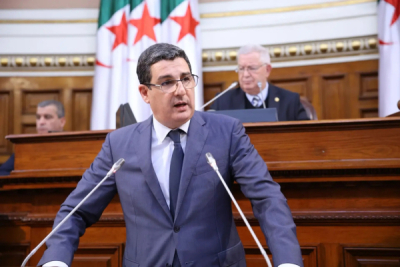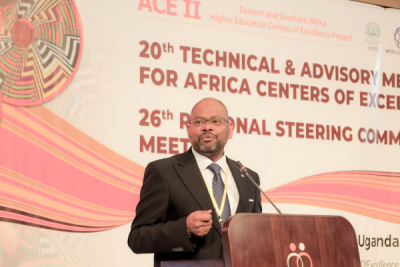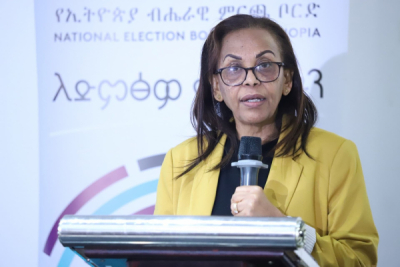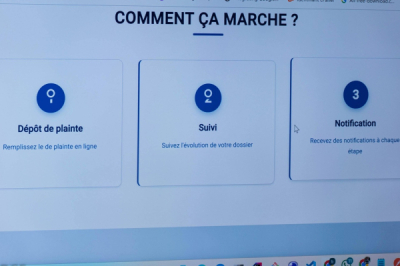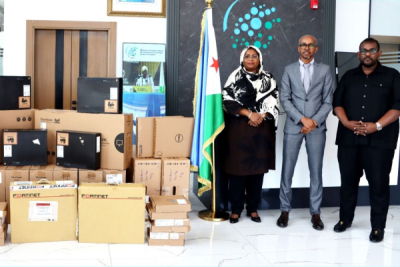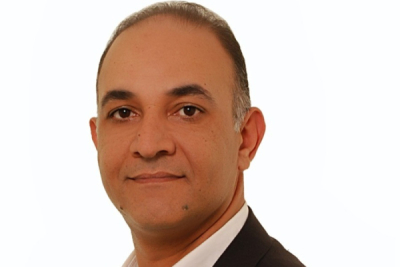Algeria's ambitious drive to digitize its economy is starting to bear fruit, with key sectors experiencing tangible benefits from the government's focus on technological advancements.
Algeria is fast-tracking its journey towards a fully digitized government, with President Abdelmadjid Tebboune announcing the ambitious goal of "total dematerialization" of public services by mid-2024. The ambitious digital overhaul aims to simplify citizen interactions, streamline administrative processes, and reduce reliance on physical services.
In a landmark address to parliament on December 25, Tebboune outlined significant progress in digitizing key sectors, including national land registry, taxes, customs, healthcare, and digital identity. He declared, "By the end of 2024's first half, we will have definitively settled this question."
The push for digital transformation has gained momentum throughout 2023. Under Tebboune's directive, several initiatives have modernized crucial areas like education, where over 46 digital platforms for training and research were launched by the Ministry of Higher Education. Similarly, the labor, employment, and social security sector has seen numerous online platforms introduced, aiming to expedite service delivery and reduce the need for physical visits.
To spearhead these efforts, a High Commission for Digitization, led by Meriem Benmouloud, was established in September. This body is tasked with crafting the national digitization strategy and ensuring its effective implementation. Benmouloud confirmed that the strategy, currently under development, will be further bolstered by a dedicated law on digitization expected in the first quarter of 2024.
Samira Njoya



